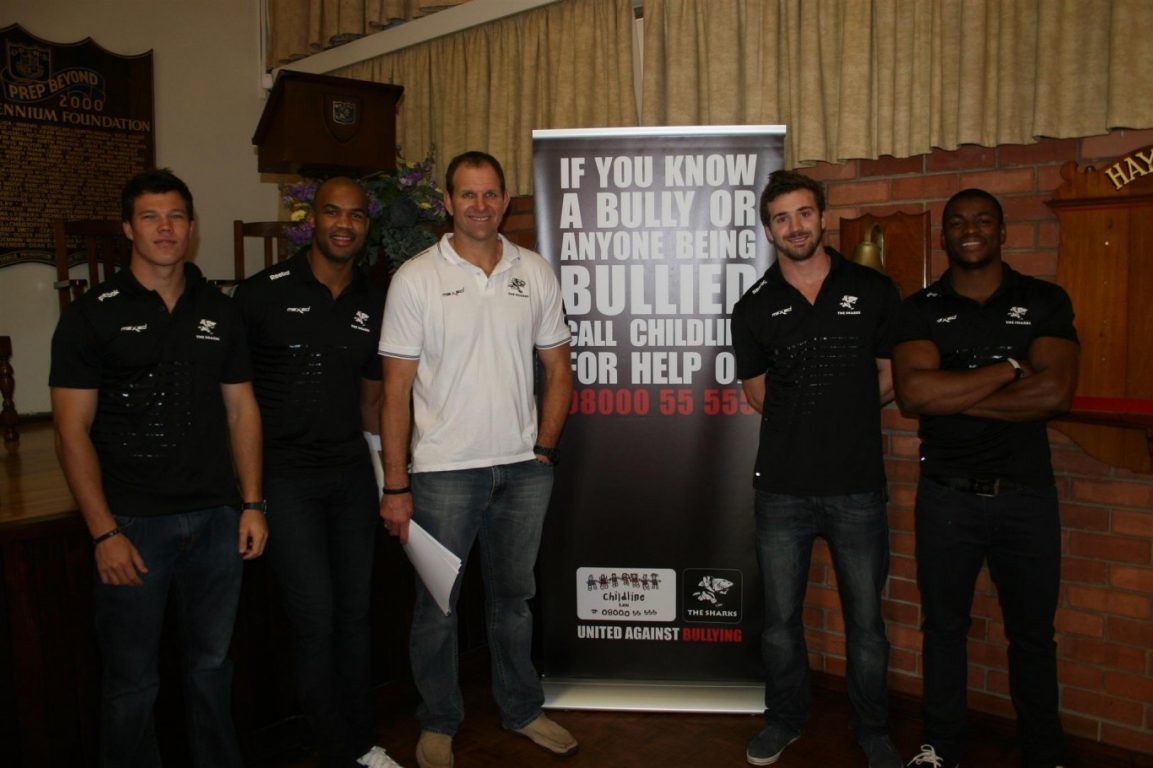16 January 2018: With schools opening across South Africa in the coming weeks, parents are advised to be aware of the potential personal litigation risks that their children could face if they engage in bullying behaviour.
This is according to Johannes du Plessis, Legal Advisor at RBS (Risk Benefit Solutions Pty Ltd), an authorised financial services provider, who says that incidences such as school fights and bullying amongst pupils have historically been common occurrences, but are now amplified by digital platforms. “Nowadays it has become increasingly common that these fights and incidences of bullying are shared on social media platforms, often causing a severe loss of dignity to the victim.”
Du Plessis states that children are increasingly being held civilly liable and criminally accountable for instances of bullying. “Contrary to what many people believe, children under the age of 18 may be held criminally accountable and civilly liable for injuries or damages caused by them if they can distinguish right from wrong and have the power to resist. In civil proceedings a child older than 7 but under 14, and in criminal proceedings a child who is older than 10 but under 14, can be proved to have such mental abilities. A child over the age of 14 but under 18 is presumed to have such mental abilities unless proven otherwise.”
The direct criminal consequences of bullying range from sentencing to victim-offender mediation, substantial fines, correctional supervision, or even compulsory residence in child and youth care centres. The civil consequences include liability orders for medical bills and even estimated values of current and future psychological pain and suffering. The parents on whom children are financially dependent usually suffer the immediate financial consequences.
Du Plessis says that assault is not limited to ‘fist-fights’. “Practical jokes could also lead to criminal proceedings. For example, if one child pulls a chair out from another child, causing the victim to get hurt, the offending child’s conduct will constitute assault. In extreme cases, if the practical joke causes the accidental death of the victim, the child may be accountable for culpable homicide.”
Children, who share videos or photos of the incidents, may also be held to be civilly liable and criminally accountable for defamation, according to Du Plessis. “Posting, sharing or even calling attention to a video or picture that could be considered damaging to the victim’s dignity, can open one up to civil liability and criminal accountability. The courts have even held that individuals tagged in defamatory posts on social media, have the obligation to distance themselves from the material by de-tagging themselves.”
A general public liability insurance policy would normally not cover a child’s civil liability or criminal accountability due to intentional assault or damage to property. The reason, according to Du Plessis, is that “insurance policies normally cover only civil liability for injuries and damage caused negligently, and not intentionally.”
Parents therefore need to talk to their children about the serious issue of bullying, and make sure that they have the applicable insurance cover in place for family members of their household. “Insurance policies differ from insure to insurer. Some insurance policies do not cover all family members of their household for their liabilities or legal expenses while others may. It is prudent for parents to consult their insurance brokers on the types of insurance policies that would be most appropriate for their child’s possible liabilities,” Du Plessis concludes.
